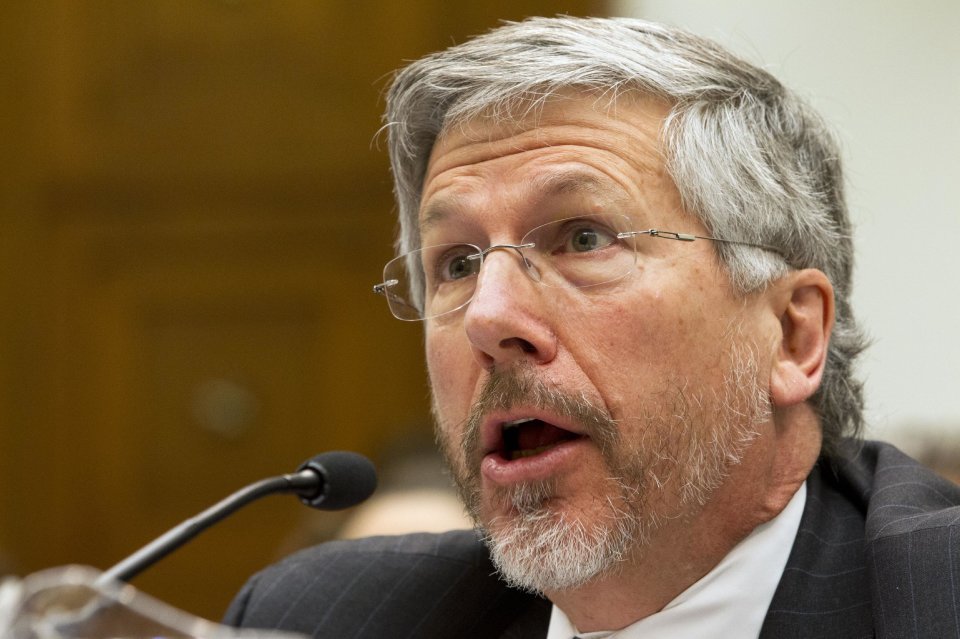The chairman of a congressional subcommittee on oversight and management efficiency Wednesday called on the Transportation Security Administration to crack down on “the napping, the stealing, the tardiness, and the disrespect” a day after a watchdog’s report revealed a spike in TSA misconduct.
The TSA investigated and closed 9,622 cases of employee misconduct between the years 2010 and 2012, according to a report released Tuesday by the Government Accountability Office.
The figure marked a 26 percent increase in misconduct cases in a three-year period.
Thirty-two percent of the cases involved problems with workers showing up for their jobs, according to the report, and 20 percent had to do with security and screening.
The report was released ahead of a hearing before the House Homeland Security Committee on Wednesday morning that included representatives from the TSA and GAO.
In one case mentioned in the GAO report, an employee left an assigned checkpoint to help a family member get a bag — later found to contain “numerous prohibited items” — past screening. The employee was suspended for seven days, according to the report.
In another case from January 2012, two former employees of the TSA were sentenced to six months in jail after they admitted to have stolen $40,000 from a bag at John F. Kennedy Airport, NBC New York reported.
Of the more than 9,000 misconduct cases closed by the TSA over the three-year period, nearly half resulted in a letter of reprimand, while employees were suspended in 31 percent of cases, according to the report. Only 17 percent of the employees found to have engaged in misconduct were removed from their jobs.
Rep. Jeff Duncan, R-S.C., the chairman of the subcommittee on oversight and management efficiency, said on Wednesday that a few bad employees contributed to a poor public perception for the agency.
At a House hearing on TSA integrity and misconduct by airport security personnel, Chairman Jeff Duncan, R-S.C., called upon them to “stop with the napping, the stealing, the tardiness, and the disrespect. Earn Americans’ trust and confidence.”
“While I know that there are many thousands of hardworking, dedicated employees working at airports throughout the country, and it’s unfair to generalize to the whole workforce, unfortunately a few bad apples can ruin the bunch,” Duncan said. “These findings are especially hard to stomach since so many Americans todays are sick of being groped, interrogated, and treated like criminals when passing through checkpoints.”
“If integrity is truly a core value, then, TSA, it’s time to prove it. Stop with the napping, the stealing, the tardiness, and the disrespect, and earn America’s trust and confidence,” Duncan said.
—–
Click below for the full article and a video.

